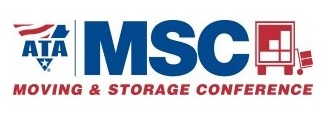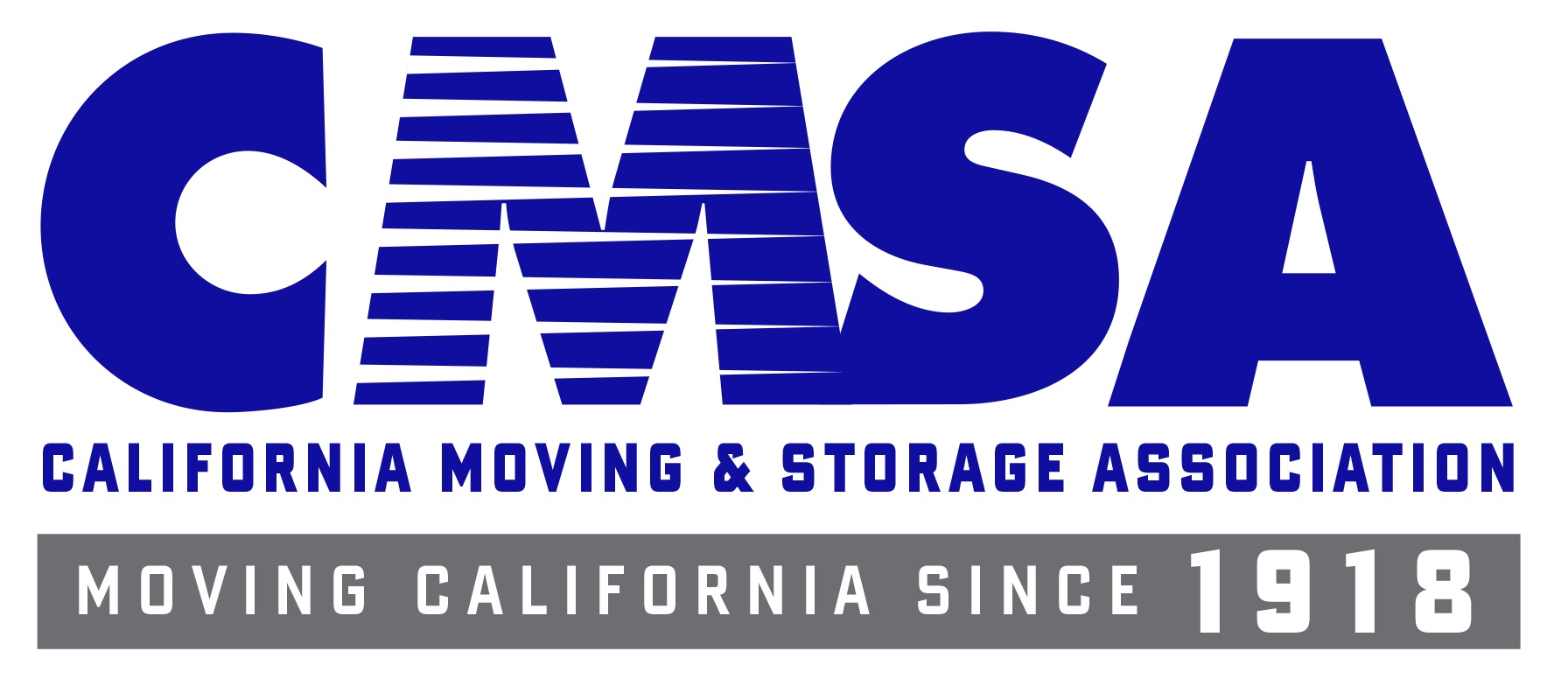Overview
Given that the ongoing COVID-19 pandemic has caused many employers to rethink their workplace policies, often allowing for greater telework flexibility and employee relocation, Congress should consider adjusting federal regulations to reinstate the Moving Tax Expense Deduction and allow for deductions to be taken beyond the first year of employment to reflect evolving work policies.
Background
Defined in the Internal Revenue Code, I.R.C. § 217, the Moving Tax Expense Deduction allows for a deduction of moving expenses paid or incurred while relocating for a new job. Deductible “expenses” included those related to moving household goods and personal effects and expenses for traveling (including lodging) from one’s former residence to their new residence; effectively allowing employees to offset their moving costs, often seen as a barrier to relocation. In the recent Tax Cuts and Jobs Act, the moving expense deduction, and the exclusion from income of moving expense payments by employers to move their employees, were eliminated through December 31, 2025. The removal of this provision negatively impacts individuals and companies who pay relocation expenses and provides for no tax relief when moving for a job, limiting the earning potential and workforce mobility for individuals. In the recent NDAA bill, the moving tax expense deduction was reinstated for Federal employees but not for the private sector.
The COVID-19 pandemic has sparked a dramatic shift in the way employees work, sharply moving towards permanent work from home opportunities for eligible employees. As companies struggle to stay in business and recover from the pandemic, relocating employable candidates for a new or current job is an expense that many companies, and individuals cannot always afford. Companies have realized that many job functions can be completed remotely and have turned to not only hiring for new positions that are 100% remote, but also transiting current employees to remote options. For jobs that cannot be completed remotely, the cost of relocation can be a hinderance towards accepting a new position outside of their home base. To provide relief to companies and individuals that need to relocate during this time, and for current employees that are not given the option to work remote we are requesting that Congress restores the Moving Tax Expense Deduction and make adjustments that reflect the current and future nature of workforce mobility. The deduction is a vital tax relief tool that makes relocation for work more affordable and supports worker mobility – the lynchpin of a strong economy.
Our Members
Impact
By reinstating the Moving Tax Expense Deduction, employers will be able to adapt to employees’ changing expectations surrounding work from home and relocation, and eliminate one of the greatest obstacles to worker mobility: cost. Greater access to mobility will allow employers to cast a wider net while searching for candidates to include talent beyond the local area. Removing the restriction on the timeframe for use of this deduction will permit employees who have worked for more than 12 months to take advantage of new work-from-home policies that may not have been available at the start of their employment, further encouraging job retention.
Our Ask
The Relocation Mobility Coalition urges Congress remove the suspension of the provision, as defined in I.R.C. § 217(k), and remove the restriction that the deduction can only be used within the first year of employment, as defined in I.R.C. § 217(c), to account for post-pandemic changes to workplaces across the United States, and lessen the burden on relocating workers.
Contact Us
Please note that we cannot give tax advice. If you have a question about moving expense tax deductions in your specific situation, please contact a licensed tax professional.
Mailing Address
80 M St SE Suite 800
Washington, DC 20003
Phone
(703) 838-7970
Danielle Hahami: dhahami@trucking.org
Please include your name, organization, title, and email address in your message.





